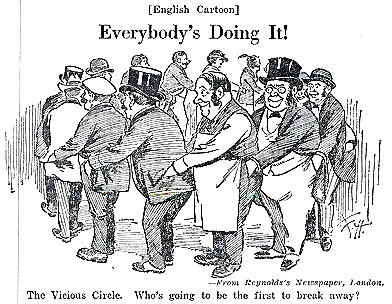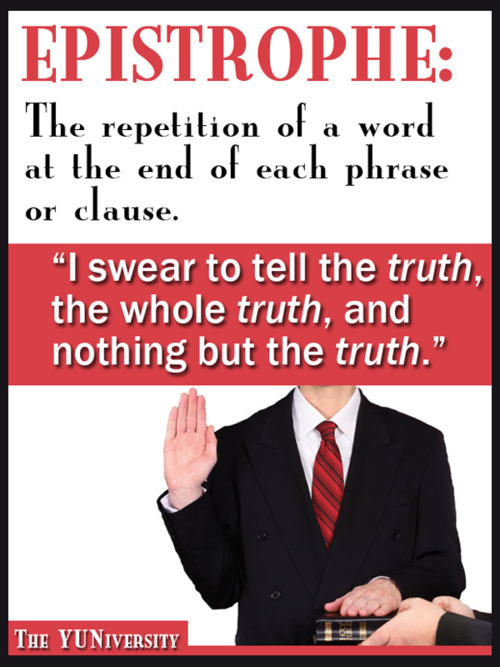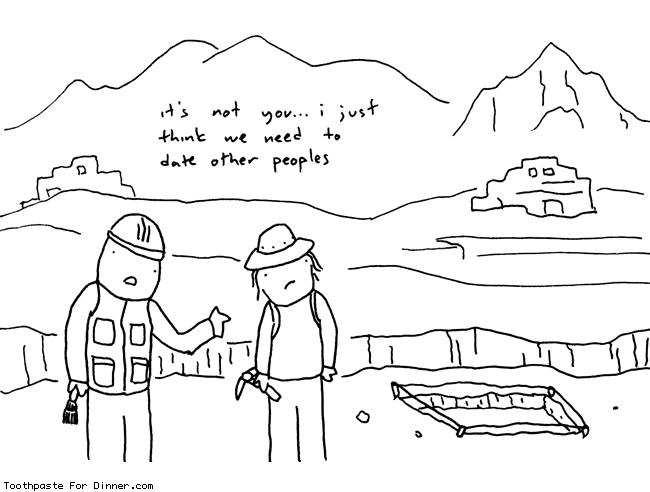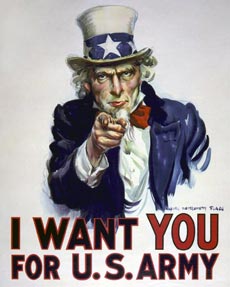Grammar and Composition - Homepage of About Grammar and Composition. Ed. Richard Nordquist. Web. 09 May 2011. <http://grammar.about.com/>.
Harris, Robert. "A Handbook of Rhetorical Devices." VirtualSalt. 22 Nov. 2010. Web. 09 May
2011. <http://www.virtualsalt.com/rhetoric.htm>.













